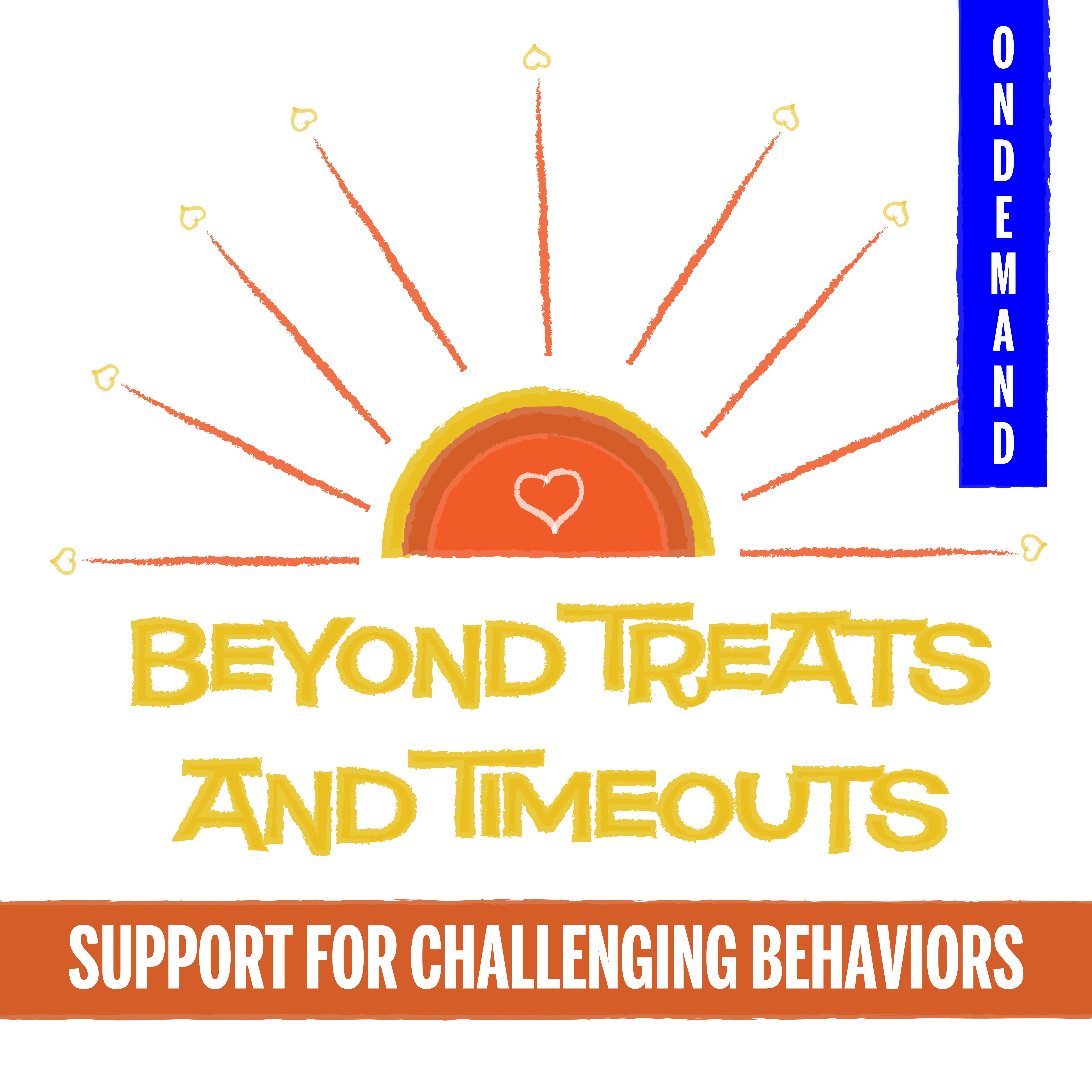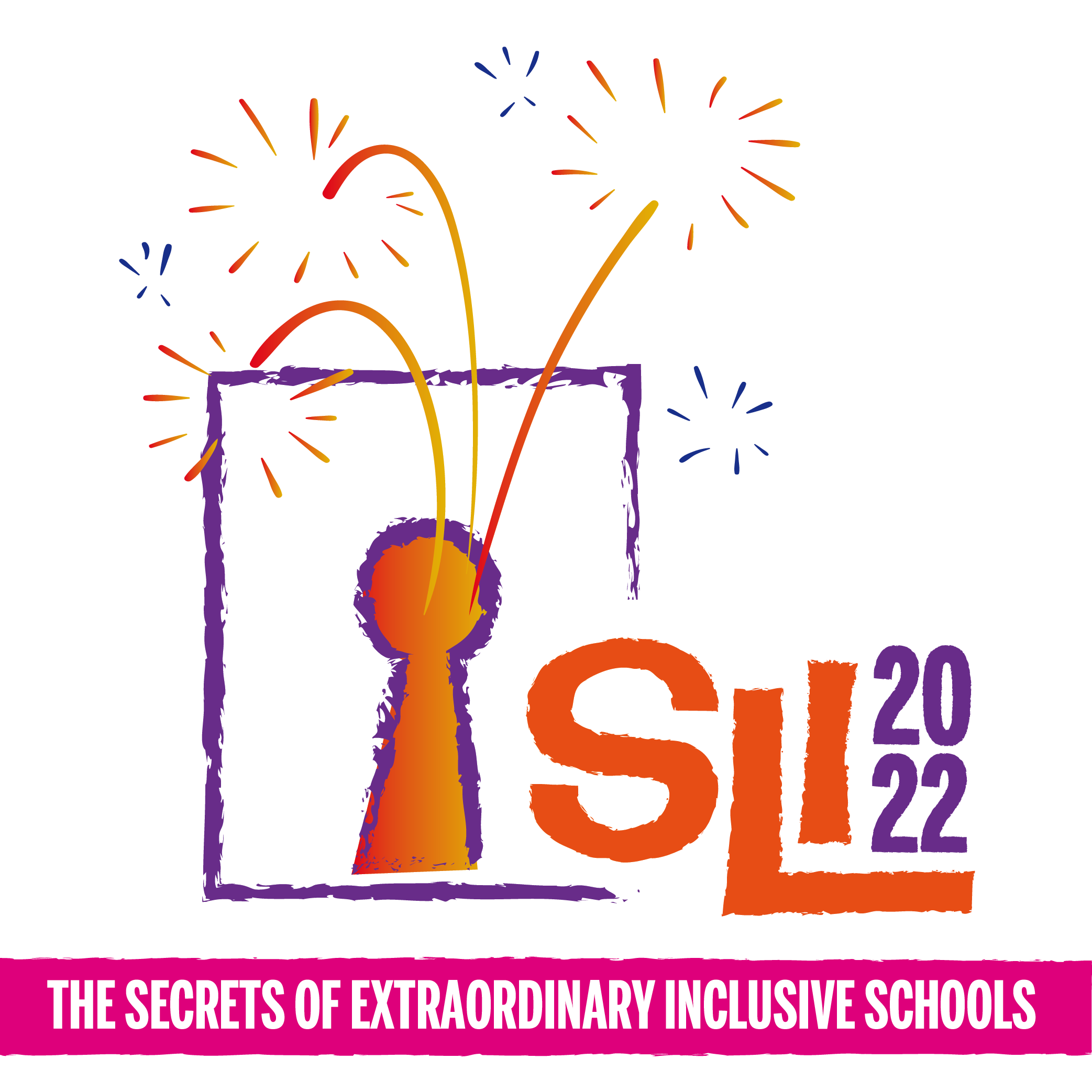Magical Inclusive Early Education Series
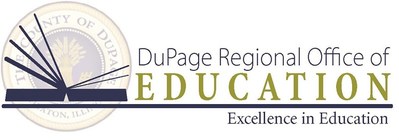
Session-By-Session Resources
March 4 --- Circles from the Start (click to access resources)
Optional Pre-Learning
- Read and watch about how to “rock the range” of learners [blog and video]
- Watch this training video on how to bridge skill gaps [video]
Resources for March 4th
- Definition of Inclusion Handout [pdf]
- Checklist of Supplemental Supports and Services [pdf]
- Winnie the Pooh Resources
- Transition to an equity lens [pdf]
- Training video and PPT slides [YouTube] – PPT link is in the video description
- Shared by Jennifer Stanton [Drive Slides]
- Transition to an equity lens [pdf]
- 9 ways to make any lesson inclusive [pdf]
- Prompting Ladder [pdf] with examples [pdf]
- “Ladder within a ladder” – visual support hierarchy [pdf]
- Hour long training for paras on using the ladder of support [Viemo]
- Zig Zag Process [pdf] + Podcast (defines each progression)
- Reducing stressors one zig zag at a time [blog]
- 100 ways to adapt anything [pdf]
- Reactive vs. Ready Brains [pdf]
- Human Ways of Being [pdf]
- Common Stressor Checklist [pdf]
- 10 Ways to Reduce Stressors [pdf]
- 4 S’s for Supporting Students [pdf]
- Student Lifelines [pdf]
- What inclusive early care and education looks like in practice [pdf]
- Lesson Design in ECE [Vimeo]
Bonus ECE Resources
- Early Childhood Stressors [pdf]
- Attachment Science and the 4 S’s (8:25) [audio]
- Attachment Science and the 4 S’s long version (53:06) [video]
- Harnessing the Power of Showing Up [podcast]
- How to Apply the Four S’s to Autism for Secure Attachments [podcast]
- Examples of how to reduce stressors when it comes to transitions [blog]
- More strategies for reducing stressors [pdf]
- ASCD article – Ready…Set…Success: A Formula for Leading Schools with Love or [pdf]
- But They Can’t Be Included Because of Behavior – Training with Dr. Julie Causton and Dr. Kristie Pretti-Frontczak: https://vimeo.com/manage/videos/590710825
- Teach Before the Peak long with Dr. Kristie Pretti-Frontczak (15:29) [video]
- Podcast “Wait for Green Before You Go” (32:37) [audio]
- Planned Ignoring [podcast] [blog]
- Beyond Behavior Charts & Public Discipline: 9 Ideas for Supporting Students with Love and Respect [pdf]
- The Boy on Red: ASCD article [link]
- PreK Teach and Play podcast about the use of praise, rewards, and punishment
- PreK Teach And Play Podcast Episode 36- Three Strikes and You’re Out: Why We Don’t Use Behavior Charts with Children [link]
- Bag the behavior charts [blog]
- It’s Time to Flip Behavior Cards and Charts to Stop [link]
- Weathering the Storm Resources
Resources Added During the Live Event
Cirlce Time Podcasts
- Podcast 16: Circle Time Can Be A Choice [link]
- Podcast 23: How To Free Up 60 Minutes of Circle Time Every Day [link]
- Episode 25: Why Goldilocks Isn’t A Fan Of Circle Time [link]
K-Readiness Resources
- Self-assessment for early educators to rate their own “readiness” [PDF]
- Infographic, which highlights practices that lead to readiness [jpg]
- Readiness Fact Sheet, which includes quotes for sparking discussion among stakeholders and suggested readings [PDF]
- Readiness handout to guide discussions [PDF]
Bridging the P-3 Divide [link]
- FB live video
- Download
- Show notes (related resources)
Free Trainings for Paras/TAs
Masterclass #1 – Supporting Big and Challenging Behaviors –Link to the recording: https://vimeo.com/509035768
- Conversations with Dr. Stuart Shanker and/or Dr. Dan Siegel (click here and search episodes)
- Need to order the Para Professional Handbook? Click here
- The Good, the Bad, and the Ugly When it Comes to Praise, Rewards, and Punishment [podcast]
- Article – Beyond Treats and Timeouts [pdf]
- Sample letter you can edit and share with your supervisor, principal, director of special education, etc. [pdf]
Masterclass #2 – The Ladder of Independence – Link to the recording: https://player.vimeo.com/video/551475332
- Boy in the bubble article [pdf]
- Ladder of support [pdf]
- Material supports [blog]
- More about visual supports [pdf]
- Resources on supporting friendships [blog]
- Paraprofessionals Handbook [link]
Masterclass #3 – 100 Ways to Adapt Anything! Link to the recording: https://vimeo.com/575458412/65b0c8a38c
- 100 Ways to Adapt Anything: [pdf]
Masterclass #4 – Providing Supports on the Fly – Link to the recording: https://vimeo.com/625493188
PD Resources in Spanish
- En principio, la educación inclusiva significa [pdf]
- Transcripción de videos y libros electrónicos de Circle Makers [pdf]
- Sitio web adicional con títulos y descripciones de recursos traducidos al español [link]
- Tres mensajes más importante (translated)
- Reduciendo estresos (translated)
- Consejos para transiciónes (translated)
- Transitioning from home to school tip sheet here and blog here
- Zig Zag (translated)
- Teach Before the Peak [YouTube] and [Spanish translation]
- Self-Regulation Rubric [pdf]; Rúbrica de Evaluación de la Autorregulación [pdf]
- EN NUESTRO SALÓN DE CLASES VIRTUAL [pdf]
Research on Inclusion
From our new Book – The Way to an Inclusive School System
Research on Inclusive Education
|
Academic Benefits The more time a student with a disability spends in general education, the better that student performs on reading and math assessments (Cole, et al., 2004; Cosier, Causton-Theoharis, & Theoharis, 2013; Kurth & Mastergeorge, 2010; Sermier Dessemontet, Bless, & Morin, 2012). The largest longitudinal study of its kind, The National Longitudinal Transition Study (NLTS), has followed tens of thousands of students with disabilities for decades (e.g. 1983 – 2021). Each phase of reporting from this longitudinal study evidences that engagement in general education settings is a critical predictor of academic achievement for students with disabilities. Specifically, the more general education classes a student is enrolled in, the closer to grade level they are in their reading and math abilities. Schools that are committed to system-wide inclusive supports have demonstrated greater student growth on state reading and math assessments compared to students attending comparable, less-inclusive schools (Choi, Meisenheimer, McCart, & Sailor, 2016). |
|
Social and Behavioral Benefits zWhen students with disabilities are included in general education they have fewer disciplinary referrals and miss fewer days of school (Wagner, Marder, Blackorby, Cameto, Newman, Levine, & Davies-Mercier,2003; Test et al, 2009). They are more likely to join extracurricular group activities at school and in the community, and are more likely to regularly see friends outside of school (Wagner et al, 2003). Students with complex support needs demonstrate increased communication (Foreman et al., 2004), increased interpersonal skills (Woodman, Smith, Greenberg, & Mailick, 2016) and establish a larger network of friendships when they are included in general education classes (Copeland & Cosbey, 2009; Jackson, Ryndak, & Wehmeyer, 2009). And students without disabilities develop a deeper level of acceptance for diversity when educated alongside their peers with disabilities (Fisher, Pumpian, & Sax 1998; Krajewski & Hyde, 2000; Shogren et al, 2015). |
| Post-Secondary Benefits Inclusive education is a critical predictor of successful post-secondary experiences for students with disabilities. Students included in general education settings are more likely to graduate high school and go on to access post-secondary education, employment and live independently (Test et al, 2009). While the decades of research on student benefits is powerful and monumental on its own, we would be remiss not to include research about the benefits to faculty and staff. |
| Faculty and Staff Benefit When a school system commits to inclusive education, faculty and staff also benefit. Leaders who have provided staff with consistent support systems saw an increase in responsive instruction, greater sustainability in implementation of inclusive practices, and educators who felt prepared to collaborate and address the diverse needs of students (Bouillet, 2013; Francis, Blue-Banning, Turnbull, Hill, Haines, & Gross, 2016; Hehir & Katzman, 2012; Sharma, Forlin, & Loreman, 2008; Skiba & Losen, 2015). |
This robust evidence base for inclusive education alone is compelling enough for most leaders to make an immediate change in service delivery in any school system. But when paired with the historical path and current legal preference for inclusive education, many begin to see that this change is unavoidable.
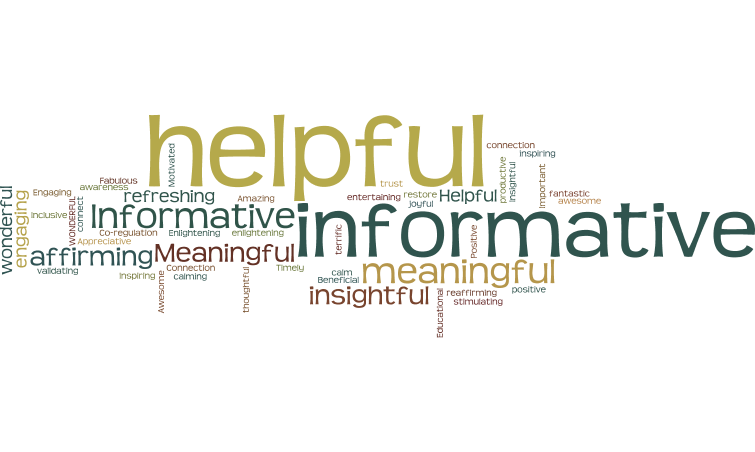
April 6 --- Circles of Support: Joyful and Differentiated Instruction for Diverse Learners (click to access resources)
-
Optional Pre-Learning
-
Read and watch about how to “rock the range” of learners [blog and video]
-
Watch this training video on how to bridge skill gaps [video]
-
-
Differentiation Strategies Packet [pdf]
-
Differentiated Think Tac Toe Examples [pdf]
-
-
100 ways to adapt anything [pdf]
-
Tons of resources on embedding and embedding schedules – Embedding Schedule Resources
-
Embedding vocabulary example – Are You Closing Or Widening The Word Gap? The Answer Might Surprise You! [blog]
-
Resources Added During the Live Event on April 6
Play rubric [pdf]
101 Things You Can Assess Using “Just” Blocks [blog] and [infographic]
Tons of searchable ECE resources [Solutionary Library link]
Beyond Treats and Timeouts Course (share with admins) – link to info
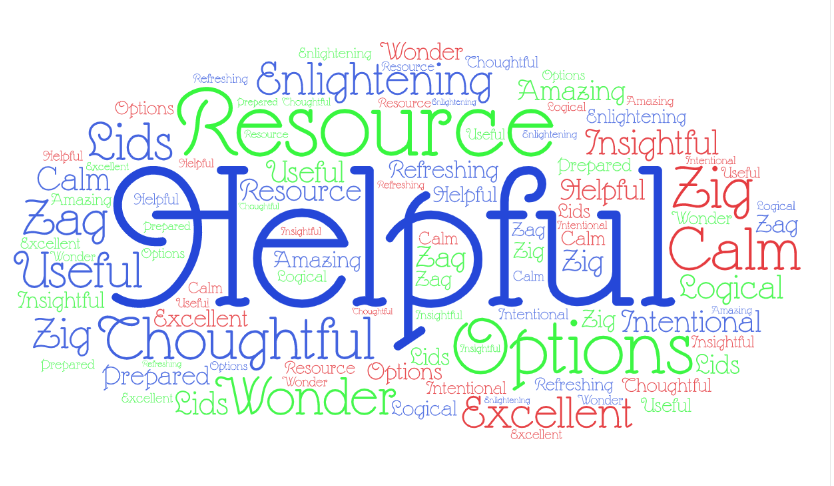
May 11 --- Widening the Circles: Collaboration and Solution Seeking (click to access resources)
Lesson Design Checklist [pdf]
Differentiated Think Tac Toe Examples [pdf]
Lesson Plan Template [pdf] and [Google Doc]
Visual Lesson Plan Template [pdf]
Lesson Plan Completed Example [pdf]
100 Ways to Adapt Anything [pdf]
Program Planning Matrix [pdf]
Blank templates for embedding schedules/matrixes [DRIVE]
Printable blank embedding schedule/matrix [pdf]
- Introduction to activity schedules (embedding schedules) [video]
- Evolution of activity schedules (embedding schedules) [video]
- Next generation of activity schedules (embedding schedules) [video]
Five Minute Problem-Solving [blog and handout]
45 Ways to Create Inclusive Groups [pdf]
Additional Resources
Team Meeting Notes [pdf] and [Google Doc]
Tons of searchable ECE resources [Solutionary Library link]
From the Therapy Room to the Classroom [blog]
Beyond Treats and Timeouts Course (share with admins) – link to info
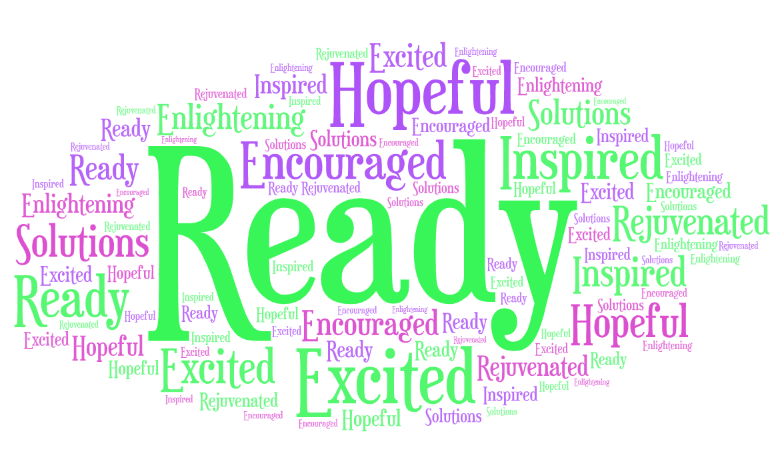
Your co-teachers
Dr. Kristie Pretti-Frontczak
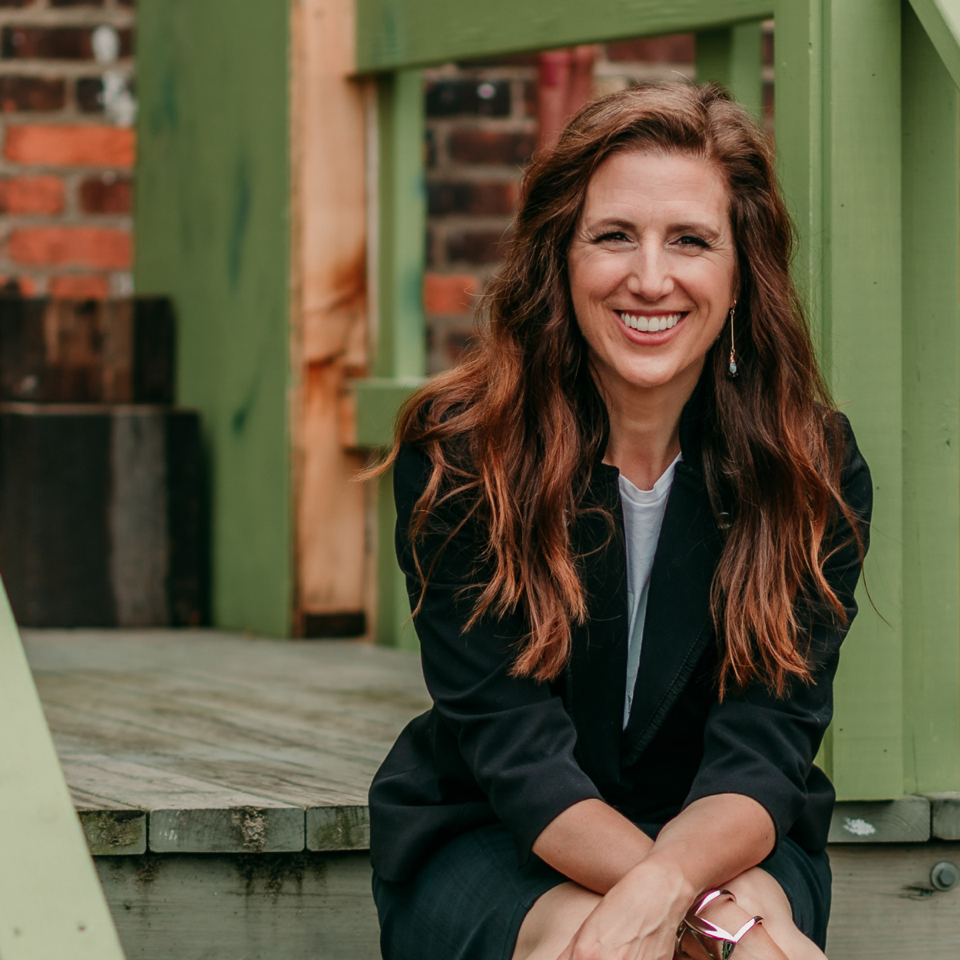
INCLUSION THOUGHT LEADER
EDUCATORS’ EDUCATOR
FIERCE PLAY ADVOCATE
A highly sought-after speaker, accomplished author, and educators’ educator. Dr. Kristie Pretti-Frontczak began her career as an early interventionist and then spent 16 years as a tenured professor at Kent State University. Since 2013 she has followed her true passion for designing and delivering transformative professional development. As a result, she has accumulated over 50,000 hours of helping educators and leaders work from a place of compassion, hope, and love in locations from Cincinnati to Singapore.
Dr. Julie Causton
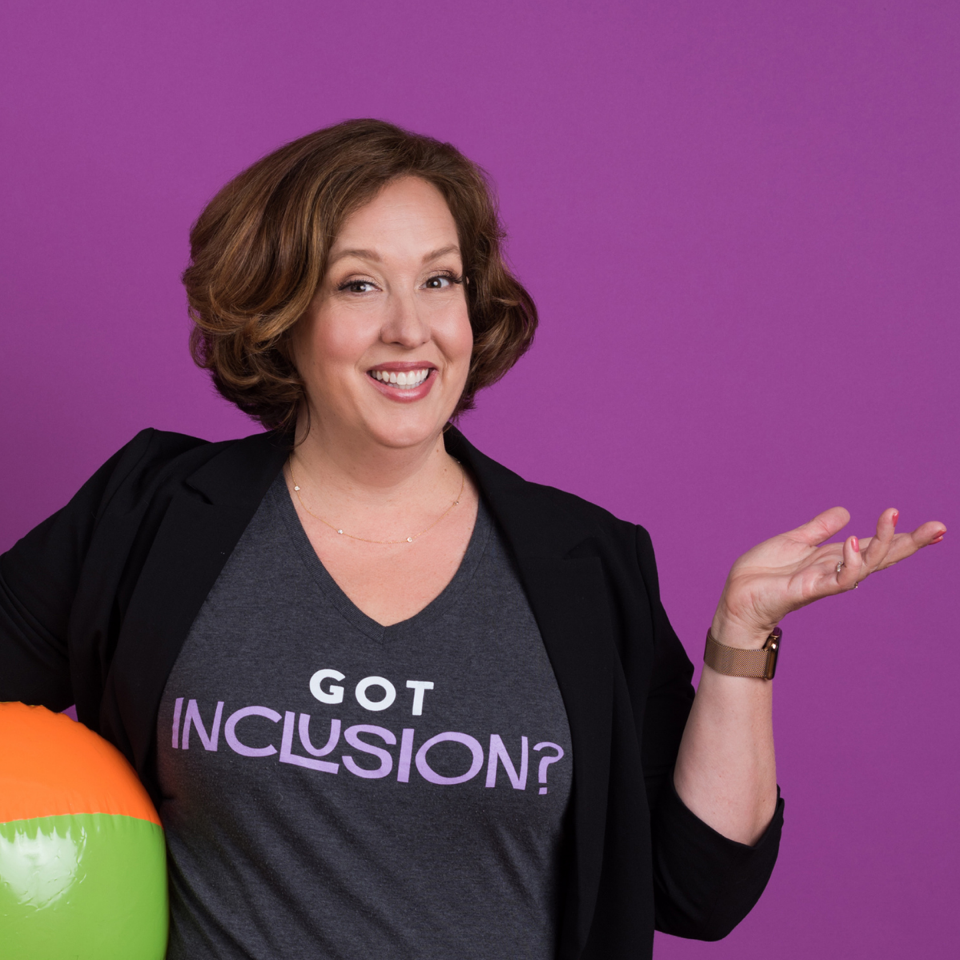
MAGICAL INCLUSION EXPERT
PROLIFIC AUTHOR
KEYNOTE STORYTELLER
A best selling author, inspiring speaker, and inclusion advocate, Dr. Julie Causton began her career as an educator and then 14 years as a tenured professor at Syracuse University. In 2012 she founded Inclusive Schooling, a premiere company solely devoted to delivering professional development which transforms schools and lives. She has spent the past 25 years nearly obsessed with discovering innovative practices and teaching others about inclusive education through her wildly engaging presentations.

INCLUSIVE EDUCATION MEANS we no longer accept that separate classrooms, separate schools, and separate lives are in the best interest of any student. Separating people by ability disadvantages everyone. Belonging is a human need. Our educational system, practices, and spaces, need to be reimagined.
INCLUSIVE EDUCATION MEANS every student is valued because of their strengths, gifts, and even challenges. As disability is simply… diversity. Everyone benefits from meaningful participation and opportunities to learn grade level content with diverse peers. We must trust that all students come to us as incredible whole people who do not need to be fixed.
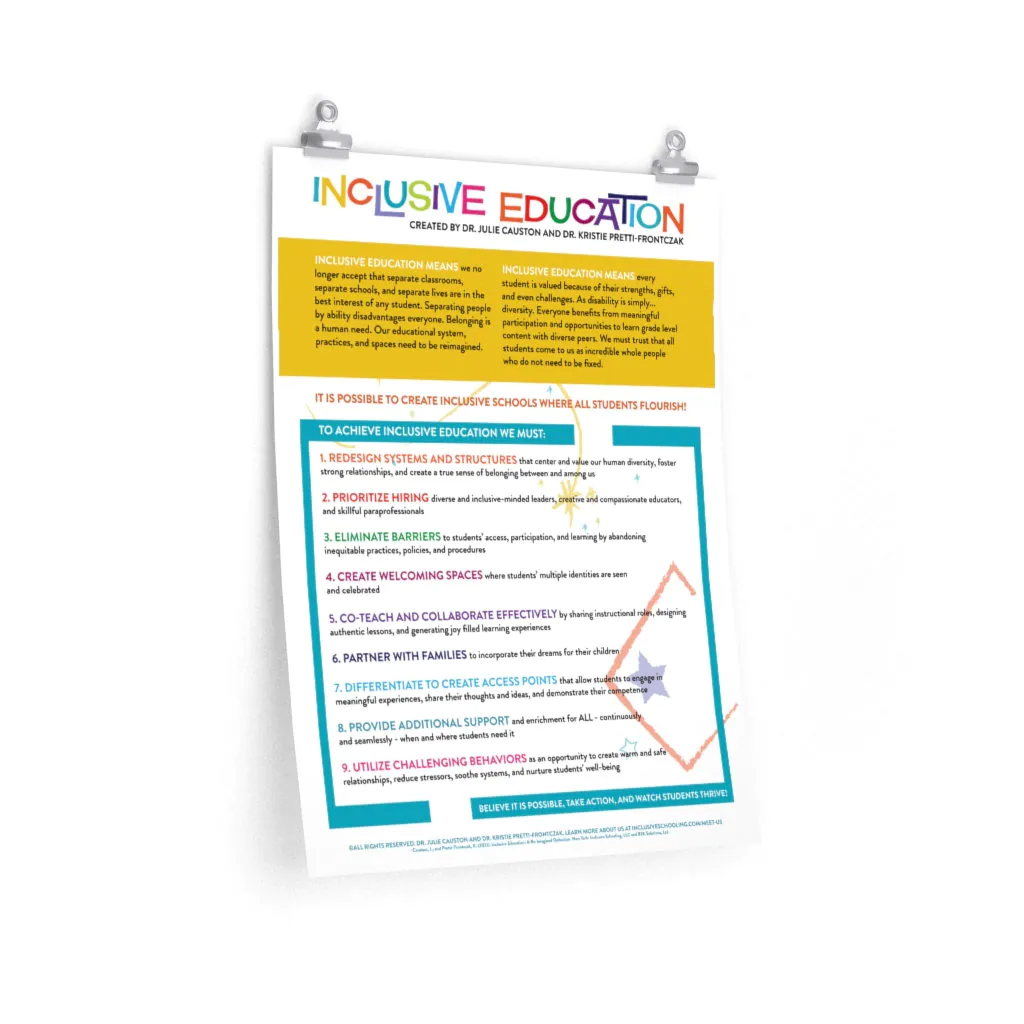
THE CIRCLE MAKER SERIES

FOLLOW US ON LINKEDIN
FOLLOW US ON FACEBOOK


